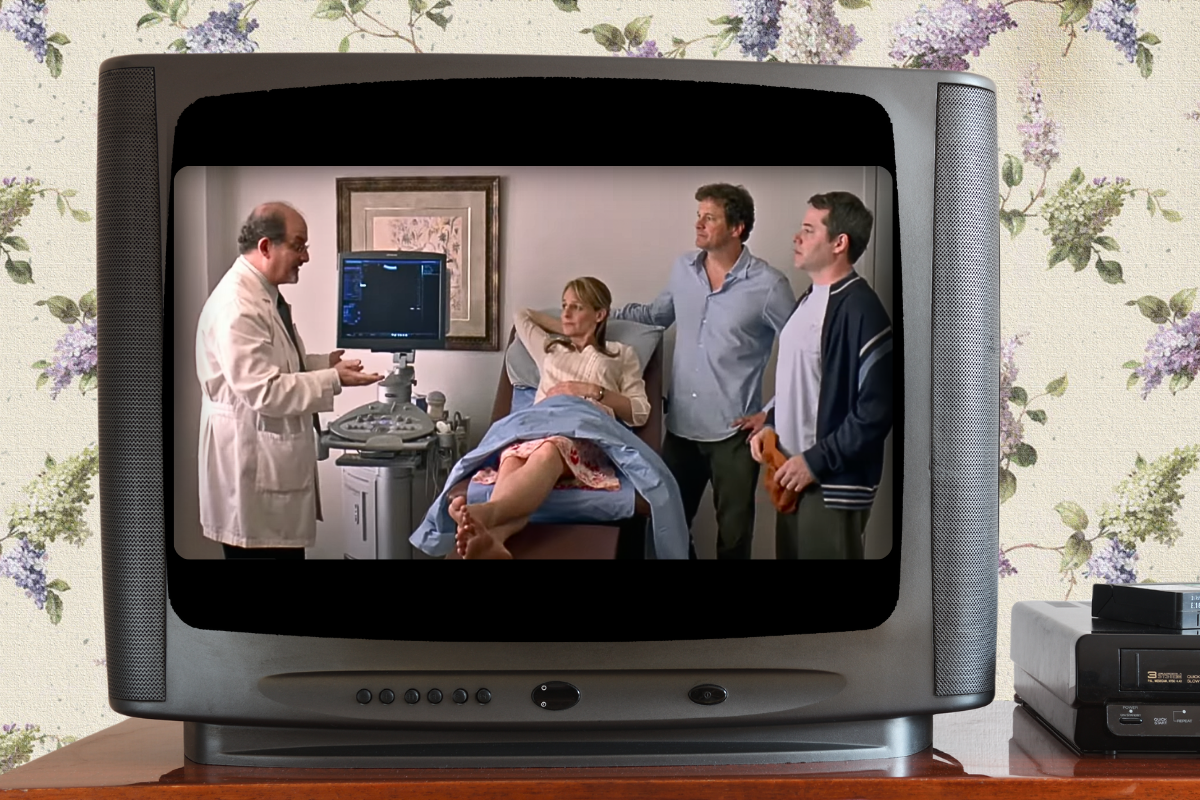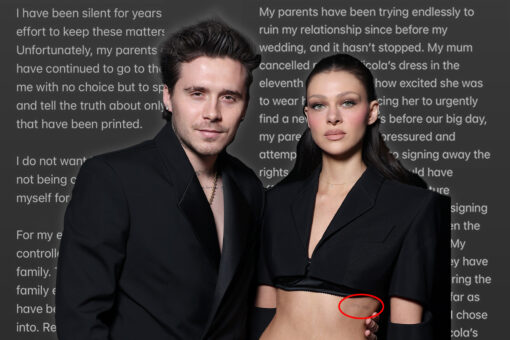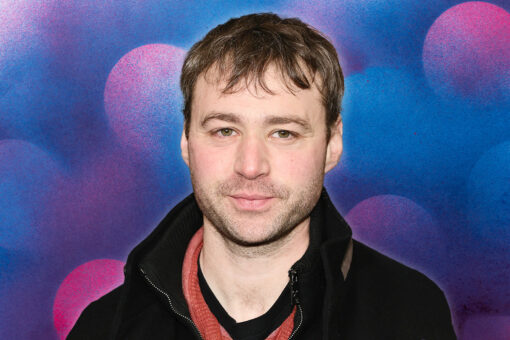When I first tripped across the 2007 indie film “Then She Found Me,” I loved its creative exploration of complex family dynamics and realistic portrayal of a character whose desire to have a child resonated with me personally. I was 25 when I first saw it. The protagonist April’s (Helen Hunt) “advanced age” of 39 seemed lightyears away. When I’ve recommended it to others in the intervening years, I probably described April’s Judaism as awkwardly stuffed into the movie or interesting-yet-superfluous-to-the-plot — if I even mentioned it at all. I remember thinking it was a bit odd that the filmmakers chose to highlight April’s Jewish faith without explicitly saying why that mattered in a movie that already packs a lot of plot into just about an hour and a half.
Watching it again a decade later, however, is a different story. At 36, I’m now a lot closer to April’s “advanced age” on paper, even if I don’t feel nearly as wise or calm as I thought I would by now. Though I haven’t yet seriously pursued parenthood — with a partner or on my own — I remain steadfast in my desire to be a mother. After navigating a health issue two years ago that required the surgical removal of one of my ovaries, April’s anxiety about physically being able to carry a child also feels a lot more relatable.
But, ten years later, what I’m most struck by is how April’s Judaism no longer seemed unnecessary to the plot; rather, I believe it underpins the entire film.
The movie establishes that April is Jewish quite literally from the first second. Her narration about an old Jewish parable overlays a quick montage of her Jewish wedding: picture April and her husband Ben (Matthew Broderick) wrapped in a tallis, men in kippahs, the whole nine yards (of chuppah). In another early scene, April’s brother questions why they are making such an effort to celebrate Shabbat. April replies: “The whole point of Shabbat is—” but gets cut off and we never hear the rest of her response. Instead, the rest of the movie answers the question itself.
April’s life soon turns upside down with chaos that is somewhat played for laughs, a Jewish theme if there ever was one: Her husband abruptly abandons their marriage, throwing her plans to have a baby off course. Her mom passes away right before she unexpectedly meets her eccentric birth mother Bernice (Bette Midler). She falls for a new love interest, a frazzled single dad (Colin Firth), and then discovers she’s pregnant… by Ben, her original husband. Didn’t I mention that there’s a lot of story in just 100 minutes?
While the movie’s opening stanzas emphasize how much April’s Judaism means to her, it takes a much lighter touch going forward, which perhaps explains why I previously saw her faith as little more than interesting character study that showcased the filmmakers’ attention to detail. When we see April at Shabbat again right after miscarrying, we could focus entirely on her emotional conversation with her brother but upon rewatching it, I realized that the Shabbat context is just as important as their dialogue. It’s not about everyone keeping Shabbat the way April does in the movie; it’s about the grounding that a ritual like Shabbat can offer when things are chaotic.
What I see now from the film is that April’s Judaism is the scaffolding upon which she builds her life. We don’t need to see her “doing Jewish” in response to every peak and valley she experiences in the movie. Simply by being Jewish, she demonstrates that her faith is a part of how she navigates her life.
My own Jewish journey over the past few years helps me feel more resilient in riding out rocky life waves with strength, curiosity and a sense of humor — which also sounds a lot like the character of April. She names her desire to have a child with conviction and confidence, something I relate to deeply. Throughout the film, she pushes back on suggestions from others that she “just adopt” a baby and while I don’t relate to that specific perspective, her frustration mirrors my own when people ask why I don’t pursue single motherhood by choice. (The answers? Because that’s a host of complications and challenges I’m not ready to grapple with yet. Because it’s wildly harder than I think the people suggesting it realize. Because it doesn’t feel like my path, at least not now. Though for the record — it’s no one else’s business!)
The scene that now feels most spiritually relevant to me in this film is one I didn’t even remember until I rewatched the movie. April has asked Bernice, whose wealth has been made clear, to help her pursue single motherhood through IVF. Their relationship remains complicated, but April pushes herself to trust her birth mom. Right before the procedure, Bernice urges April to say a prayer. Initially, April doesn’t want to, and tearfully speaks about struggling with God (relatable), but Bernice continues prodding and finally April does it: She says the Shema, quickly and quietly.
We never find out exactly what happens with April’s IVF journey; it’s implied that it doesn’t work out. The film ends by indicating that April does ultimately adopt a daughter, a cherubic toddler we see her caring for joyfully in the film’s final frames.
This quiet nod to life unfolding in surprising, beautiful ways is, for me, the heart of the movie, and the reason I identify with its Jewish narrator so deeply. Seeing April say one of Judaism’s most essential prayers right before undergoing IVF and honoring Shabbat so soon after tragedy made me realize that “Then She Found Me” is a piece of art that articulates the ways in which Judaism can be a tether I can touch when I feel unmoored. It’s a lifeline that is always there, growing strong through quiet practice. “Then She Found Me” doesn’t show a woman whose faith spit-shines her very painful struggles or magically solves them; it shows a woman whose faith helps her navigate major life challenges and embrace joy emerging in surprising ways at the same time. It’s a lesson I needed to see on the screen — and strive to live by in my own life.
Late Take is a series on Hey Alma where we revisit Jewish pop culture of the past for no reason, other than the fact that we can’t stop thinking about it?? If you have a pitch for this column, please e-mail submissions@heyalma.com with “Late Take” in the subject line.




